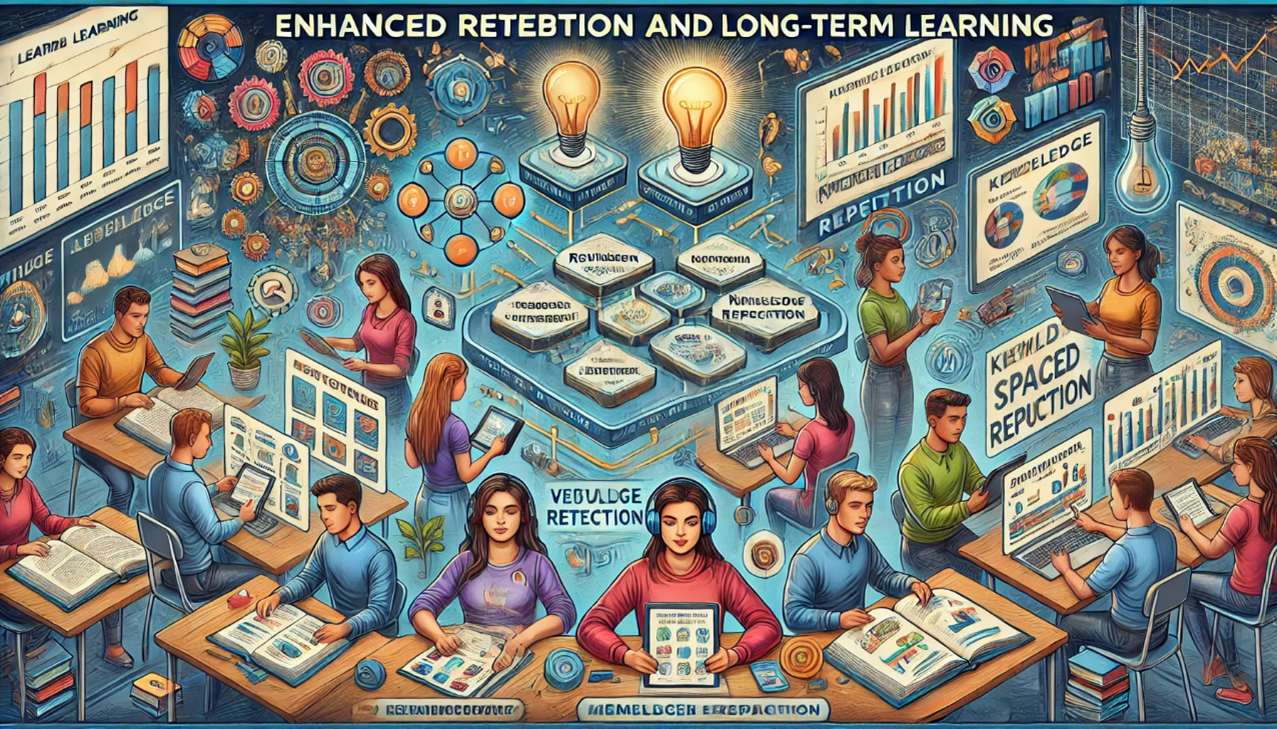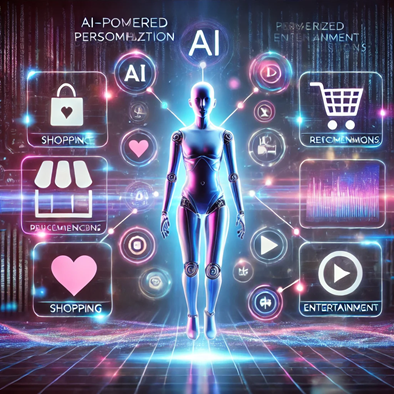What safeguards are needed to ensure privacy when AI monitors mental health trends?

What safeguards are needed to ensure privacy when AI monitors mental health trends?
by Nathaniel 03:22pm Jan 31, 2025

What safeguards are needed to ensure privacy when AI monitors mental health trends?
When AI systems are used to monitor mental health trends, safeguarding privacy is of paramount importance due to the sensitive nature of mental health data. To ensure privacy, the following safeguards and practices should be put in place:
1. Data Encryption and Secure Storage
End-to-End Encryption:All communications between users and the AI system, including text messages, speech, and personal data, should be encrypted both in transit(while being sent over the internet) and at rest (when stored on servers).This prevents unauthorized access to the data.
Data Anonymization:Personal identifiers (such as names, addresses, or contact information) should be anonymized or pseudonymized wherever possible. This reduces the risk that mental health data can be traced back to an individual without their consent.
Secure Data Storage:Data should be stored in secure, access-controlled environments to ensure that only authorized personnel or systems can access it. Cloud providers should follow best practices for data security and comply with relevant regulations like GDPR or HIPAA.
2. Informed Consent
Clear and Transparent Consent Process: Users should be fully informed about what data is being collected, how it will be used, who has access to it, and for how long it will be stored. Consent should be explicit and obtained before any data is gathered. Users should also be able to easily withdraw consent at any time.
Opt-In Mechanism:Instead of assuming consent, AI systems should require users to opt in to the collection and analysis of their mental health data. They should also be given the choice of opting out of certain data uses, such as sharing anonymized data for research purposes.
Ongoing Consent Management: Users should be regularly reminded of their consent preferences and have the option to modify them as their needs change.Clear mechanisms should be in place for users to track how their data is being used and for what purposes.
3. Data Minimization
Collect Only What is Necessary: AI systems should only collect data that is necessary to provide the intended service (e.g., mental health support or monitoring). For example, if the AI is analyzing mood trends, it should avoid collecting highly sensitive personal data that is not directly related to the monitoring purpose.
Temporal Limitation:Data should only be retained for as long as needed for the purpose it was collected. For example, mood-tracking data might only need to be stored for a specific period, after which it should be deleted. Setting expiration dates for non-essential data ensures that it doesn’t accumulate indefinitely.
4. User Control and Transparency
Transparency Reports:AI systems should provide users with regular updates on how their data is being processed and used. Transparency reports help ensure that users know how their data contributes to trend analysis and monitoring, and whether it’s being shared with third parties.
Access Control:Users should have full control over their data, including the ability to view, modify, and delete their information. They should also be able to review the AI's analyses and the decisions or predictions it makes based on their data. This empowers users to manage their privacy and data actively.
5. Ethical Use of Data
Non-Discriminatory Data Analysis: AI systems must be trained to detect and avoid biases in the data. For example, if AI analyzes patterns of mental health, it should be designed to ensure that it does not disproportionately represent or misinterpret data from specific groups based on factors like gender,race, or socioeconomic status.
Purpose Limitation:Data should only be used for the purpose for which it was collected. For instance, if mental health data is collected to provide personal support,it should not be used for commercial purposes, such as targeted advertising, without the user’s explicit consent.
6. Third-Party Audits and Oversight
Regular Audits:AI systems that monitor mental health should undergo regular audits by independent third-party organizations to ensure compliance with privacy standards, legal requirements, and ethical practices. Audits should verify that data security measures are in place and that user privacy is maintained.
External Oversight: Third-party organizations or regulatory bodies can help provide external oversight to ensure that AI providers follow strict privacy and ethical guidelines. This can help users trust that their data is being handled responsibly and that AI systems are operating within ethical boundaries.
7. Crisis Management and Reporting
Immediate Reporting Protocols: In cases where AI systems detect alarming trends, such as suicidal thoughts or extreme emotional distress, they should have built-in protocols to trigger appropriate human intervention. Users should be informed that the system might trigger notifications for urgent situations and have clear options for reaching out to a human professional.
Data Use in Crisis Situations: When AI detects a potential mental health crisis, it should alert the user (and, with consent, their healthcare provider) in a way that doesn’t compromise privacy but allows for appropriate intervention. It should also make clear that such data may be shared with professionals to provide urgent care or support.
8. Regulatory Compliance and Standards
Compliance with Privacy Laws: AI systems that monitor mental health must complywith international data privacy regulations such as the General Data Protection Regulation (GDPR) in Europe or the Health Insurance Portability and Accountability Act (HIPAA) in the United States. These laws ensure that users' data is collected, processed, and stored in ways that prioritize their privacy and rights.
Mental Health-Specific Guidelines: Regulatory bodies may also need to create mental health-specific guidelines that address privacy concerns when AI systems are used in healthcare. This would ensure that AI technology is used in a manner that prioritizes both the psychological well-being of users and their data security.
9. AI Explainability and Accountability
Transparent Algorithms: Users should be able to understand how AI algorithms work, especially in how their mental health data is analyzed and interpreted. If a user feels that their data is being misused or the AI’s analysis is incorrect, they should be able to challenge the results.Ensuring that the algorithms are transparent and interpretable by users, even in simple terms, is an ethical safeguard.
Accountability for Decisions: In case the AI’s recommendations or analyses lead to harmful outcomes, there must be clear accountability. The organization responsible for the AI platform should be identifiable and responsible for ensuring that the system operates safely and ethically, particularly when mental health is involved.
Conclusion
To ensure privacy when AI monitors mental health trends, a combination of technical, ethical, and legal safeguards is essential. These safeguards should focus on secure data management, user autonomy, transparency, and compliance with privacy laws. Furthermore, AI should always act in a supportive and supplemental role, with appropriate measures to ensure that human oversight is available, especially in crises. When properly implemented, these safeguards can help maximize the benefits of AI in mental health while minimizing risks to privacy and security.






